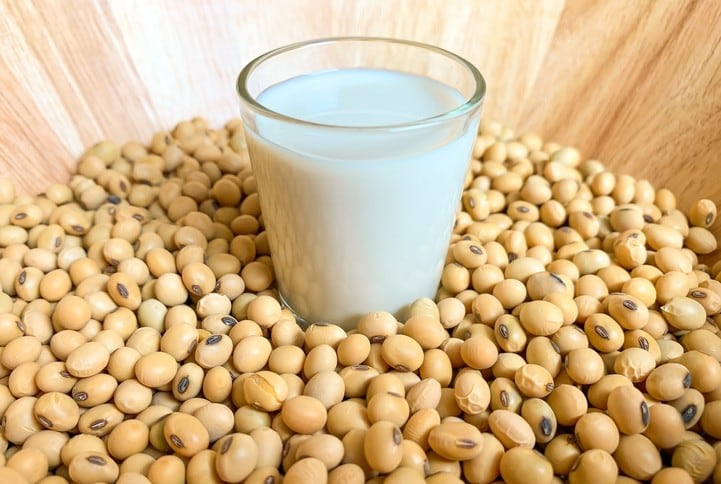At 29%, Japan’s population has the highest percentage of people aged above 65 globally. The country’s Ministry of Health, Labour, and Welfare estimate that the rate of ageing is expected to increase until 2042, even if the population declines, with those aged 65 and older reaching 38.4% of the total population by 2065.
The prevalence of dementia and cognitive impairment is hence expected to rise as the population continues to age. While there were around 4.6 million dementia patients in Japan (15% of the older adult population) a decade ago, the percentage of dementia patients in the country is set to increase to 20% by 2025.
Risk factors for dementia include diabetes, depression, hypertension and genetics, as well as social risk factors like inactivity and low income. Higher education, regular exercise, intellectual activity and the intake of antioxidant-rich foods have been shown to protect against Alzheimer’s disease, the most common type of dementia.
The researchers behind the study wrote that soy peptide, when consumed as a functional food, has reportedly improved cognitive function. Through a population-based, non-blinded, randomized controlled trial, they sought to verify the combined impact of soy peptide supplementation and exercise on cognitive function in community-dwelling older adults in Japan.
Programmes and peptides
The researchers recruited 72 community-dwelling adults aged 60 and older and randomly assigned them to either an exercise plus nutrition programme or an exercise programme. For three months, both groups participated in an exercise and cognitive training regimen once a week, with the exercise plus nutrition group receiving soy peptide supplementation once a week as well.
The study subjects participated in a multi-component exercise programme that involved various forms of exercise that “combined music and cognitive training”, with 15 minutes of memory training and 45 minutes of aerobic exercise once a week. Those in the exercise plus nutrition group were each given a bottle of Peptide Athleeta 4000, which contained 4g of soy peptide, once a week during their exercise class.
Soy far, soy good
Of the 72 study participants, 64 (88.8%) completed the three-month follow-up: 31 (86.1%) in the exercise group and 33 (91.7%) in the exercise plus nutrition group; there was no significant difference in baseline characteristics between the two groups. The median dietary supplement adherence rate was 90% and the participation rate in the exercise session was at least 90%.
The researchers reported that “soy peptide intake in combination with the multicomponent exercise intervention was found to improve composite cognitive function, although exercise alone contributed to selective improvement in general cognitive function”.
They observed improvements in muscle mass, with a 3% increase in the exercise group and a 2% increase in the exercise plus nutrition group, which also saw a significant 0.3-point increase in the memory score. This indicated a statistically significant interaction between time and group.
Additionally, they measured the study subjects’ gait speed and grip strength pre- and post-intervention to determine motor function and recorded improvements across both groups.
They added, however, that since they had also urged the study subjects to engage in voluntary exercise on days when exercise classes were not held, they would have to further verify how efforts other than the exercise classes affected body composition.
Scope and sustainability
Among the study’s limitations was its inability to eliminate the effects of variations in nutritional intake and uncontrolled calorie intake, as it did not record dietary and fluid intake. Also, as the exercise classes were held only once a week, there was no information on the intensity or frequency of any exercise the study subjects may have engaged in on the other days.
As all the study participants were community-dwelling older adults in Japan, the researchers suggested that the study results may not be applicable to other ethnic groups. Finally, they wrote, it remained unclear to what extent the effects of the combined intervention could be sustained.
To better explain the physiological results, they recommended that future studies include different populations, blood testing, and the “evaluation of the long-term effects of combined exercise and nutritional supplementation”.
Source: Contemporary Clinical Trials Communications
https://doi.org/10.1016/j.conctc.2022.100998
“Improvement of memory function via a combination of exercise and soy peptide supplementation in community-dwelling older adults: A randomized controlled trial”
Authors: Masakazu Imaoka, et al.





